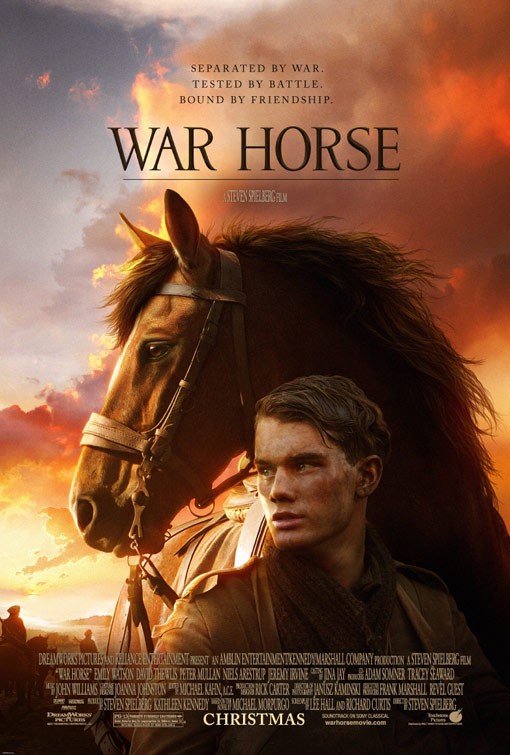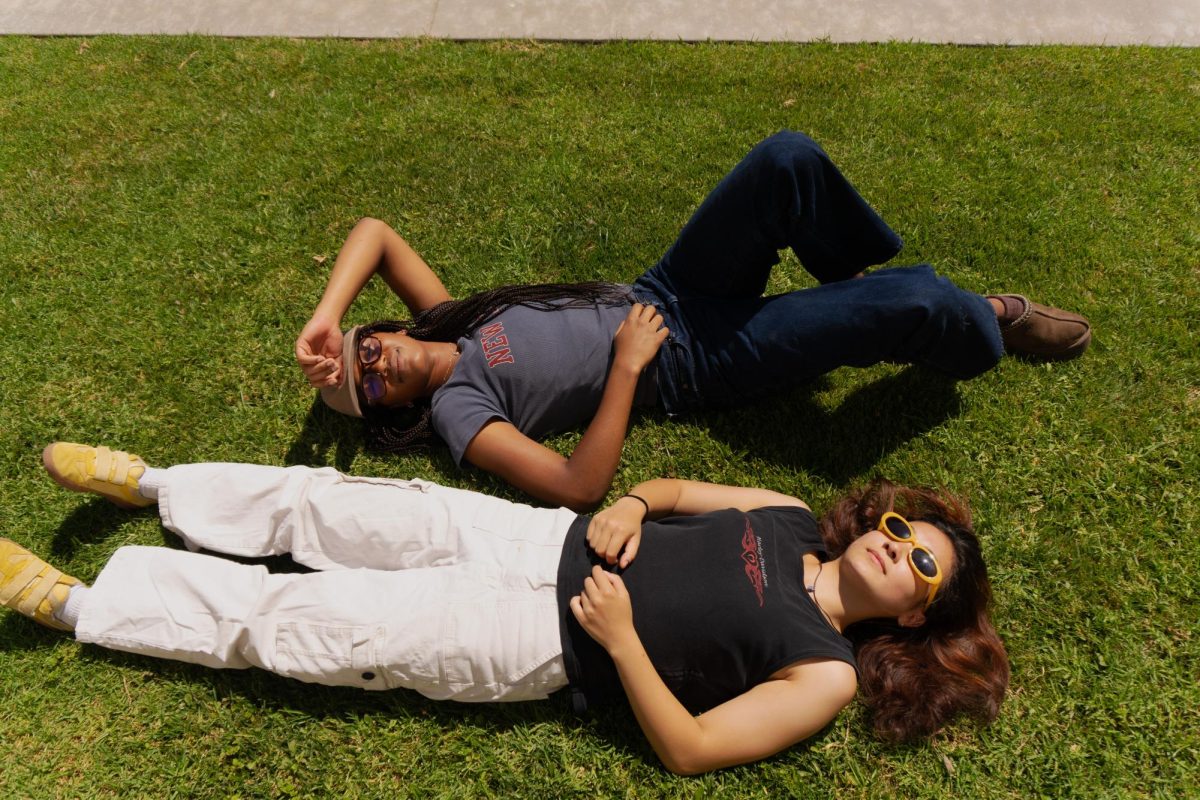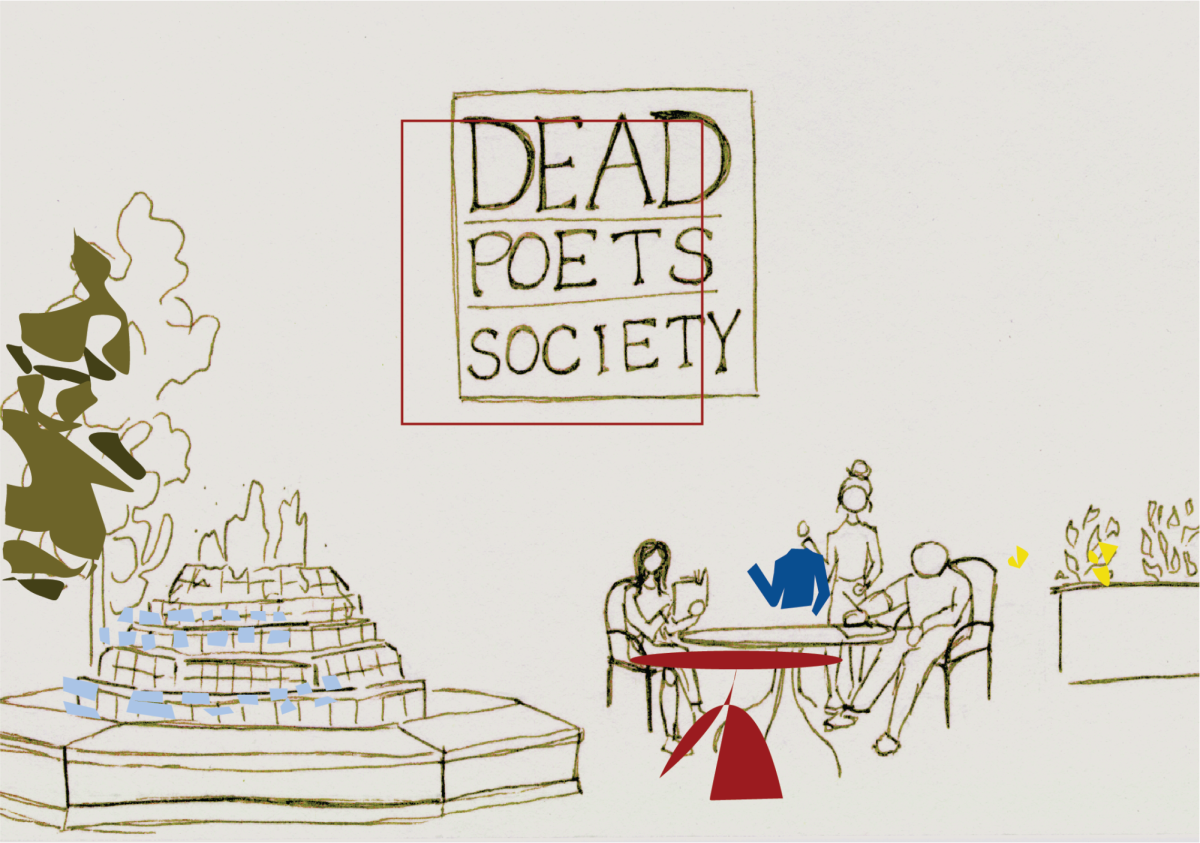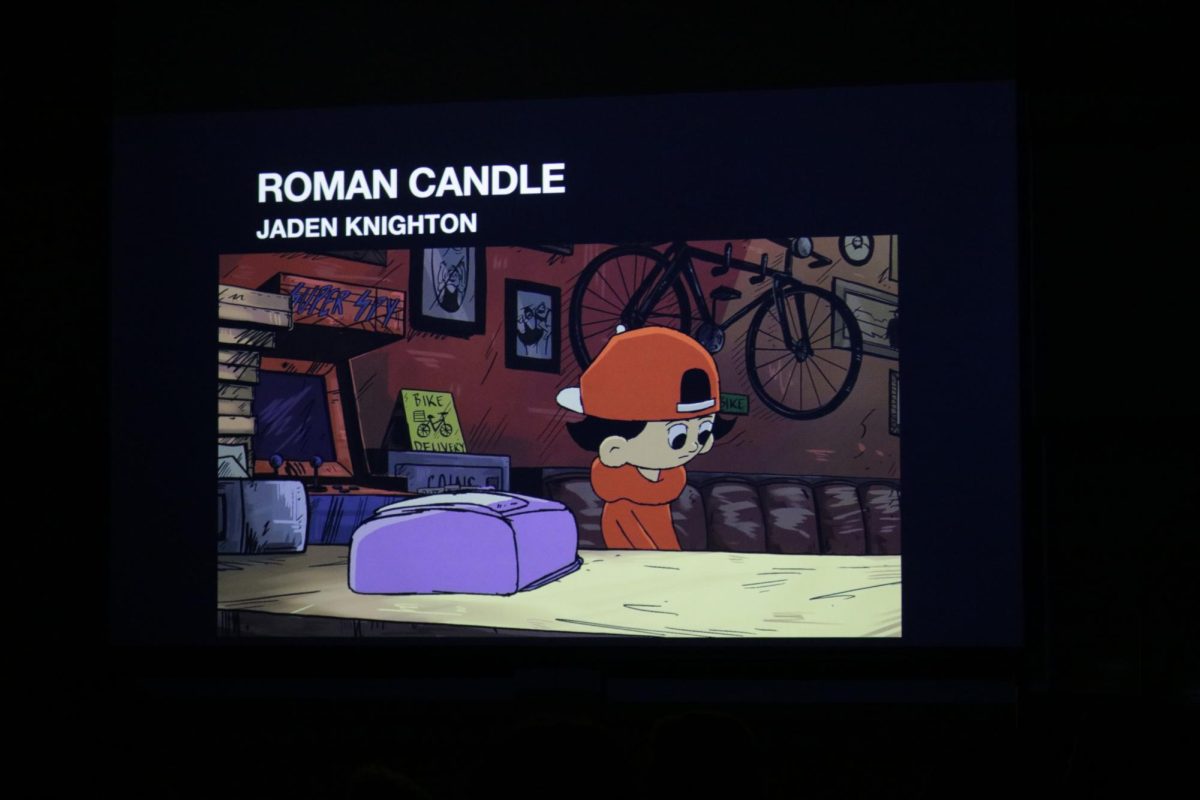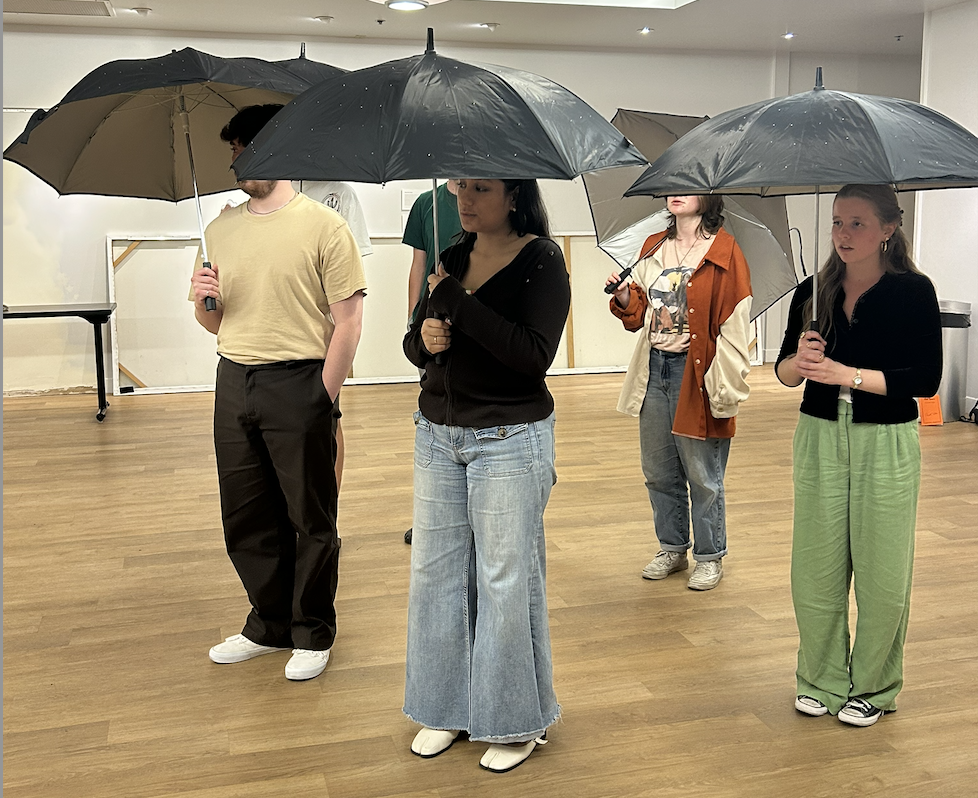The last movie I saw by renowned director Steven Spielberg was “War of the Worlds” back in 2005. While it was grand on visual spectacle, it proved underwhelming in substance, wrought with uninspiring characters and a unresponsively formulaic plot.
Now, six years later, Spielberg has simultaneously released two box office favors for this past holiday season, one being the motion-capture animation “The Adventures of Tin Tin,” which I have not yet seen, and the live-action, intentionally gorgeous “War Horse.” This is a film that truly honors the classic sense of moviemaking, miles better than “War of the Worlds.”
Story based on novella and stage-play
Spielbergʼs adaptation of “War Horse” is based on a childrenʼs novella and stage-play, both of the same name. A tale of a boy and his steed, it begins with the birth of the colt Joey on a lush pasture in the hills of Devon, England. Watching closely is Albert (Jeremy Irvine), who is awed by the lively creature. Through a small series of coincidences, Joey is bought by Albertʼs father (Peter Mullan) as a work horse for their farm at the outrage of Albertʼs mother (Emily Watson) who had expected a plow horse.
Joey and Albertʼs bond becomes ever deeper until the First World War breaks out. Albertʼs father sells Joey to a British officer in order to pay rent, and Albert vows to his horse that he will find him and bring him back home. From there, Joey embarks on a pilgrimage of war that takes him from the British training grounds to a quaint French farm to the very front lines of the historically notorious No Manʼs Land.
Film features incredible live-action
“War Horse” does something incredible here. It takes the exaggerated demeanor of animals in animated features and converts it into live-action. Iʼm not sure how you could train a horse to be an actor, but theyʼve done it. Joey is as much a character as any human in the movie. The perspective through which he observes his surroundings is absolutely phenomenal, and the versatility with which he interacts with other people and horses, primarily Albert and the black stallion he is paired with in the war, is comparable to the chemistry between human performers.
Spielbergʼs eye for well-choreographed action is also very evident in “War Horse.” World War I has never been a definitive focus in Hollywood films, perhaps because it was such an infuriating conflict to behold. The trench warfare was literally hell on earth, and the way soldiers would so blindly rush into enemy fire at the beckoning of their foolish English and German officers alike is almost too absurd to comprehend. It was not a war between soldiers, rather one between proud kings and stubborn military strategists still too absorbed in mid-17th century tactics.
Spielberg orchestrates a particular battle scene in the later half of the second act with as much precision as he did the Normandy landings in the 1998 epic “Saving Private Ryan.” This sequence in which the enlisted Albert and his English comrades charge from their trenches and into blistering canon fire across No Manʼs Land is enough to make me wonder if “War Horse” could have taken an R rating and have potentially been stronger and more focused.
Albertʼs connection to Joey may also have been a bit excessive at times, even bordering on boyish obsession. I have a dog at home that I love and have grown up with, yet I couldnʼt see myself enlisting to go find it in cross-continental campaign. But then, all of the people Joey comes into contact with in “War Horse” are inexplicably attracted to his majesty. Most beautiful animals have universal magnetism, it would seem.
Need for more parallelism in plot
What I wouldʼve liked to have seen is a more developed sense of the parallel between Joeyʼs odyssey and Albertʼs service in the British military. I understand that Spielberg and screenwriters Lee Hall and Richard Curtis were adapting from the structure of the book and play, yet there was an inconsistency of focus on Joey amid the humans whom tentatively possessed him at different times. This was done in order to provide more time to develop these characters, but most were so short-lived that it seemed to be build-ups with little resolve. “War Horse” would have done well to have retained a better sense of nucleus on Joey himself as well as his would-be narrative counterpart, Albert. Those are the two we the audience grow to care for most.
“War Horse” a classic, well-made film
However, despite these small “could-haves,” “War Horse” is a movie that does not try to fit into a 21st century context. It is classic in every sense, from its crafted establishment of the family farm to its careful transitions between each act. Even the climax, which arguably may have been a tad milked, leads into one of the most effective concluding scenes Iʼve ever witnessed, one that demands, if anything, captivation if not tears.
New kid on the block Irvine is likely to get much attention from this movie, having done a superb job in portraying a good-hearted farm boy thrust into war. Veteran Brit actors Mullan and Watson are splendidly candid as his parents, offering depth to typically static roles in similar plotlines. But still, the real performance was the amazing horse who gave Joey such effective personality. That is what drove this film and made you care about a four-legged, speechless protagonist. This is something only a consciously old-fashioned motion picture could have achieved under the careful direction of a veteran like Spielberg. “War Horse” was a good movie. It could have been an incredible war film.



